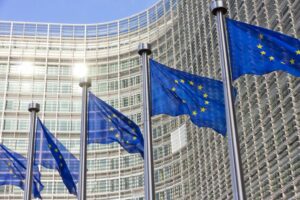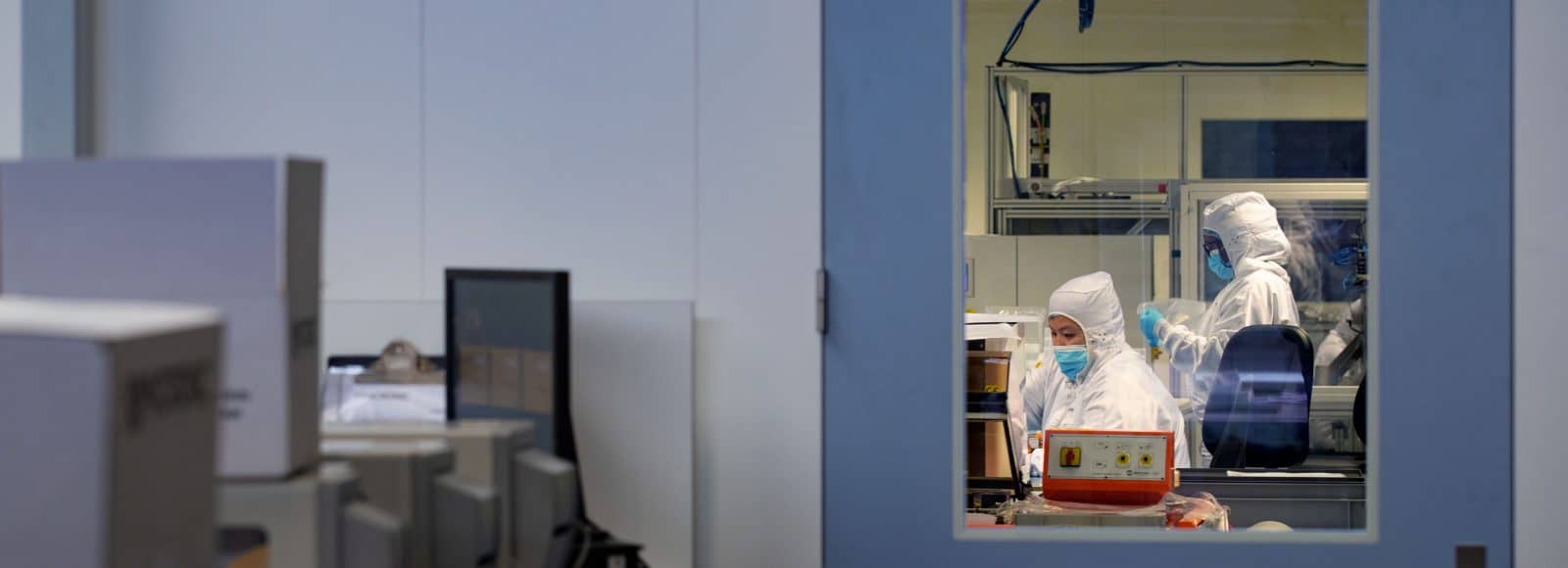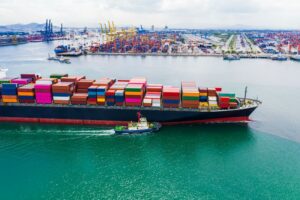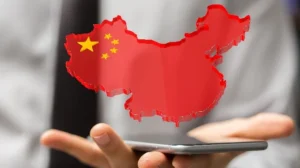
Selective Androgen Receptor Modulators (SARMs UK) have become a major focus for legal and regulatory discussions, especially concerning their use in bodybuilding, performance enhancement, and experimental medical treatments. Promoted for their ability to boost muscle growth with fewer side effects than anabolic steroids, SARMs occupy a legal gray area, with their status varying widely across the UK and Europe.
SARMS Legal Framework in the UK
- Controlled Substances: SARMs are not listed as controlled substances under the Misuse of Drugs Act 1971. However, their usage, sale, and marketing fall under different regulations based on intended use.
- Medicinal Use Regulation: The Medicines and Healthcare products Regulatory Agency (MHRA) classifies SARMs as medicinal products when marketed with therapeutic claims. This classification means they require proper licensing under the Human Medicines Regulations 2012. Unlicensed sales or advertising for medicinal purposes can lead to legal action.
- Prohibition in Sports: The World Anti-Doping Agency (WADA) bans SARMs, and athletes caught using them face sanctions or bans.
- Consumer Safety: SARMs marketed as fitness aids or dietary supplements often violate food safety laws, as they may be classified as unauthorized “novel foods.”

Legal Status of SARMs in the European Union
- Medicinal Regulation: As in the UK, SARMs marketed for medical purposes are treated as medicinal products under EU law. The European Medicines Agency (EMA) requires approval for their sale, making unauthorized sales illegal.
- Food and Supplement Law: SARMs sold as dietary supplements are subject to the EU Novel Food Regulation, which prohibits unapproved substances in supplements or food products.
- National Variations: While countries like Germany and France enforce stricter controls, others such as Poland and Spain take a less stringent approach, though they still comply with overarching EU rules.

Novel Food Regulations in the UK and EU: Impact on SARMs
The Novel Food Regulation framework governs the sale and marketing of foods and food supplements that do not have a history of significant consumption prior to May 15, 1997, in the UK and EU. These regulations are designed to ensure that new food products entering the market are safe for consumption and properly labeled.
1. Novel Food Regulation in the EU
The EU Novel Food Regulation (Regulation (EU) 2015/2283) provides a legal framework for assessing and authorizing foods that fall under the “novel” category. SARMs, when marketed as dietary supplements, are subject to this regulation.
Key Elements:
- Definition of Novel Food:
- Foods and food ingredients that were not widely consumed by humans in the EU before May 15, 1997.
- Includes substances such as new synthetic compounds, plant extracts, microorganisms, and other innovative products.
- Authorization Process:
- Applicants must submit safety data and a detailed description of the product to the European Food Safety Authority (EFSA).
- EFSA conducts a risk assessment, evaluating toxicity, allergenicity, and nutritional composition.
- Only authorized novel foods are allowed to be marketed within the EU.
- Implications for SARMs:
- SARMs marketed as supplements or food additives do not qualify as traditional food products.
- No SARMs have been approved as novel foods, making their sale in food or dietary supplement form illegal across EU member states.
- Enforcement:
- Regulatory authorities in member states are responsible for enforcement, and non-compliance may lead to product seizure, fines, or criminal penalties.

2. Novel Food Regulation in the UK
Following Brexit, the UK retained the principles of the EU Novel Food Regulation under its domestic law. The Food Standards Agency (FSA) oversees novel food regulation in the UK.
Key Elements:
- Post-Brexit Framework:
- The UK adheres to its own list of authorized novel foods, which initially mirrored the EU’s list but may diverge over time as new applications are assessed domestically.
- Authorization Process:
- Similar to the EU, the FSA evaluates applications for novel foods. The process includes safety assessments to ensure the product is safe for human consumption.
- Once approved, the novel food is added to the UK’s authorized list and can be legally marketed.
- Implications for SARMs:
- Like the EU, no SARMs have been approved as novel foods in the UK.
- Marketing SARMs as dietary supplements or food additives is unlawful without authorization.
- Enforcement:
- The FSA works with trading standards authorities to monitor and enforce compliance. Retailers selling unauthorized SARMs face sanctions, including fines and product confiscation.
Legal Status of SARMs in China
China is one of the largest manufacturers of SARMs (Selective Androgen Receptor Modulators) and plays a pivotal role in the global market. However, the country enforces specific laws to regulate their production, sale, and use.
1. Regulation of SARMs as Chemical Substances
In China, SARMs are not classified as controlled drugs under the Narcotic Drugs and Psychotropic Substances Regulation. Nevertheless, their handling is strictly overseen under broader chemical and pharmaceutical laws.
- Regulatory Oversight:
SARMs are monitored by the National Medical Products Administration (NMPA), previously known as the China Food and Drug Administration (CFDA). Products advertised for medical or therapeutic purposes must obtain approval and licensing from the NMPA. - Research Chemicals:
SARMs are frequently sold under the label of “research chemicals,” which exempts them from being directly regulated as drugs. However, they remain subject to chemical safety regulations.

2. Production and Export Regulations
China’s significant role as an exporter of SARMs to countries like the UK, EU nations, and the U.S. comes with increased scrutiny in recent years to tackle illegal production and shipments.
- Export Compliance:
Companies exporting SARMs must accurately declare the nature of their products and adhere to the regulations of destination countries. Non-compliance may result in penalties or product seizures. - Crackdown on Illegal Producers:
To combat unlicensed manufacturing, Chinese authorities have carried out raids and tightened control over the pharmaceutical and chemical industries.
3. Marketing and Distribution Laws
China enforces strict rules to limit the domestic distribution and marketing of SARMs.
- Domestic Sale:
SARMs are not authorized for sale as dietary supplements or fitness products. Vendors promoting SARMs for non-research purposes face fines and potential confiscation of goods..
4. Sports and Anti-Doping Measures
China follows the World Anti-Doping Agency (WADA) rules, which classify SARMs as prohibited substances for athletes.
- Sanctions:
Athletes caught using SARMs face strict consequences, including suspension or bans from competition, reflecting the country’s commitment to clean sports.
Challenges and Regulatory Gaps
- Lack of Consumer Awareness:
- Many consumers are unaware of the novel food framework and may unknowingly purchase unauthorized products.
- Harmonization Issues:
- The divergence between the UK and EU regulatory processes post-Brexit could lead to discrepancies in enforcement and compliance standards.
Further reading & Reference
United Kingdom
- Misuse of Drugs Act 1971
- Human Medicines Regulations 2012
- Food Safety Act 1990
- The Novel Food (England) Regulations 2018
European Union
- Directive 2001/83/EC on the Community Code Relating to Medicinal Products for Human Use
- Regulation (EU) 2015/2283 on Novel Foods
- EU General Food Law (Regulation (EC) 178/2002)
International Anti-Doping Regulations
China
- National Medical Products Administration (NMPA) Guidelines
- Narcotic Drugs and Psychotropic Substances Regulation (China)
Article Author : Megan Jones, Qualified Solicitor
Edited and checked by Nick Taylor

Nick Taylor is a freelance journalist with more than 6 years’ experience of reporting on the global biopharma industry. Since graduating with a biology degree from the University of York, Nick has written for numerous healthcare publications, including Nature BioPharma Dealmakers, Life Science Leader and Outsourcing-Pharma.
